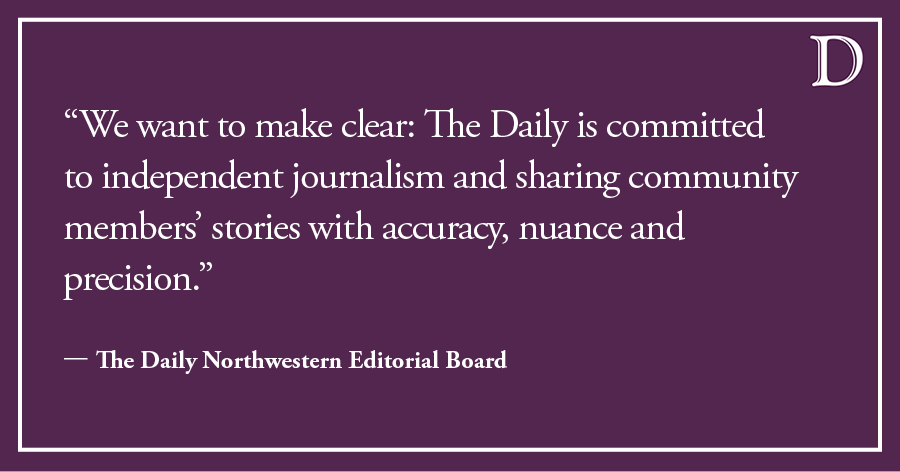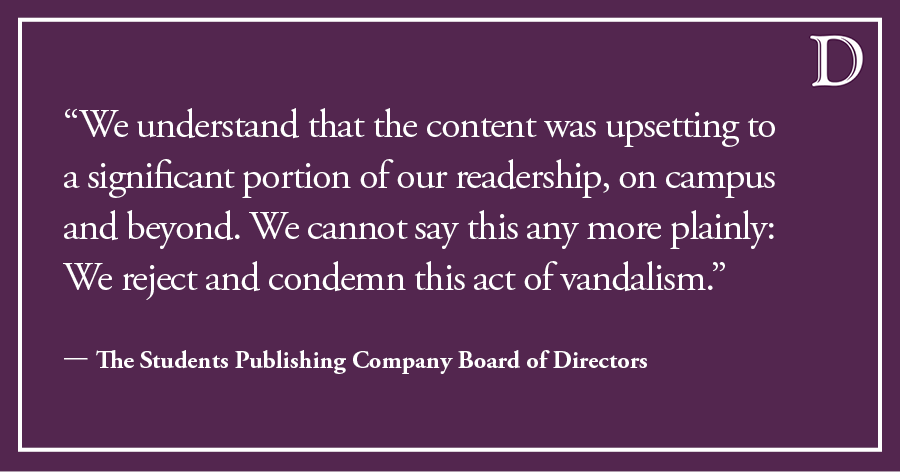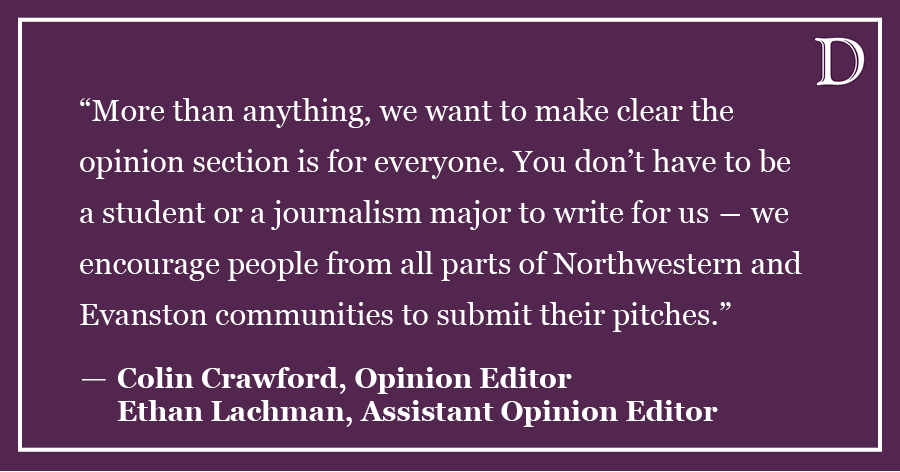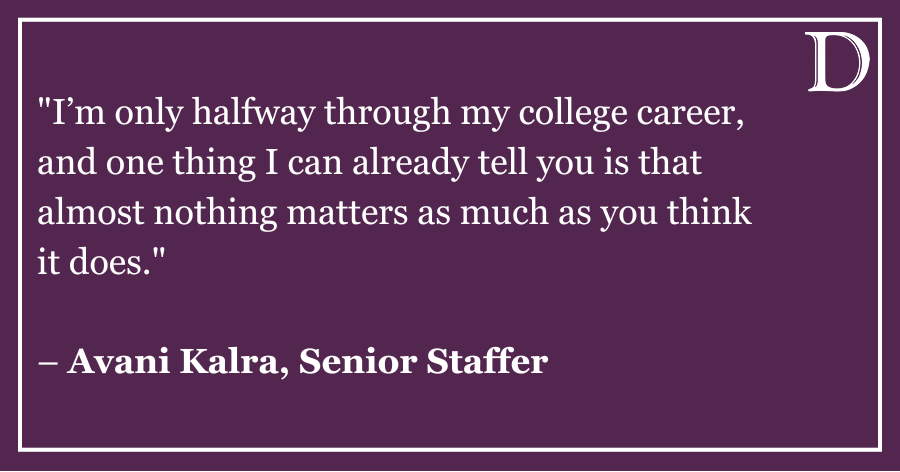Recently the American Studies Association membership passed a controversial call for a boycott of Israeli academic institutions to protest Israeli policies, including policies that affect Palestinian academics. President Schapiro and Provost Linzer promptly issued a statement on behalf of the University opposing such boycotts and affirming the value of academic freedom. The President and Provost noted that “Northwestern University disagrees strongly with the boycott vote of the ASA (and) rejects the actions suggested in the resolution.”
Like many critics of academic boycotts, including the American Association of University Professors, we believe that preventing the free exchange of ideas is a poor way to promote effective scholarship or progressive social change. We also consider it illogical to stifle the voices of Israeli academics as a tactic to protest the Israeli government, when in fact many such academics are important public critics of Israeli state policies. (Indeed, public debate in Israel on the Israeli-Palestinian conflict tends to be deeper and sharper than in the United States, where there is often little tolerance for divergent views.) While the ASA boycott specifically targets Israeli academic institutions rather than individuals, it is unknowable at present whether such a boycott in practice can avoid affecting professors and students within those institutions.
At the same time, we regret that the President and Provost did not also take the opportunity to affirm the goal of safeguarding the academic freedom and rights to education of Palestinians, given that these concerns have become a key part of the boycott debate. We believe that the American Studies Association has raised significant and relevant issues by highlighting Israeli restrictions on university life in the Occupied Territories and on the ability of Palestinian academics to carry out their work, as well as, apparently, the ability of U.S. academics to travel freely to Palestinian universities.
The President and Provost may have been focused on the narrow goal of assuring that existing collaborations between Northwestern and Israeli academic institutions will continue. Yet their statement on behalf of the University invoked academic freedom, a value that surely must apply universally if it is to be meaningful at all. We believe that the situation of Palestinian academics calls for attention, just as we believe more generally that statements that simultaneously affirm the symmetrical rights and interests of both Israelis and Palestinians serve an important public function.
Sincerely,
Steven Epstein, Professor of Sociology & John C. Shaffer Professor in the Humanities
Mary Weismantel, Professor of Anthropology
Sarah Maza, Jane Long Professor in the Arts and Sciences & Professor of History
Laura Hein, Professor of History
Robert Launay, Professor of Anthropology
Cristina Traina, Professor of Religious Studies
Claudia Swan, Associate Professor of Art History
Robert E. Lerner, Professor of History Emeritus and Peter B. Ritzma Professor in the Humanities Emeritus
Hector Carrillo, Associate Professor of Sociology & Gender and Sexuality Studies
Kate Masur, Associate Professor of History
Jonathon Glassman, Professor of History
Hollis Clayson, Bergen Evans Professor in the Humanities & Professor of Art History
Helen Tilley, Associate Professor of History
Barbara Newman, Professor of English, Religious Studies, and Classics
Jorge Coronado, Associate Professor of Spanish and Portuguese
Ann Shola Orloff, Professor of Sociology and Political Science & Board of Lady Managers of the Columbian Exposition Chair
Wendy Espeland, Professor of Sociology












